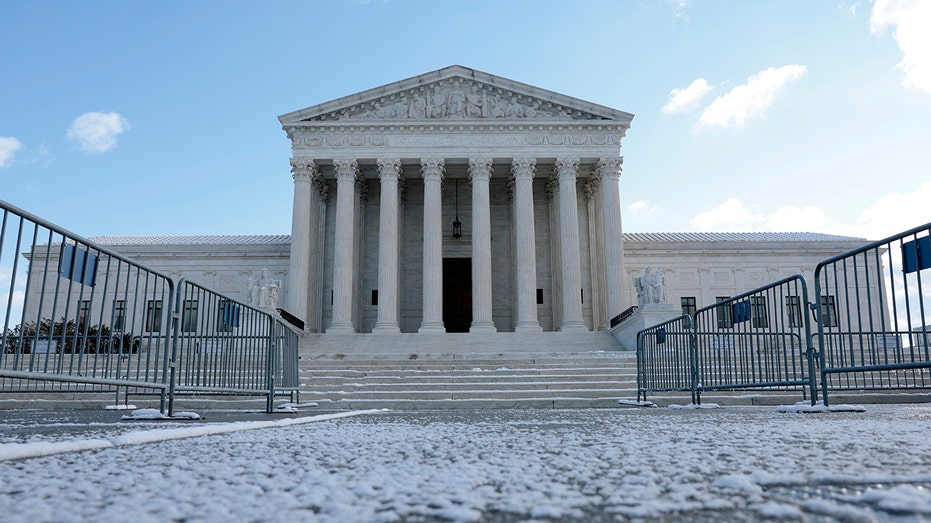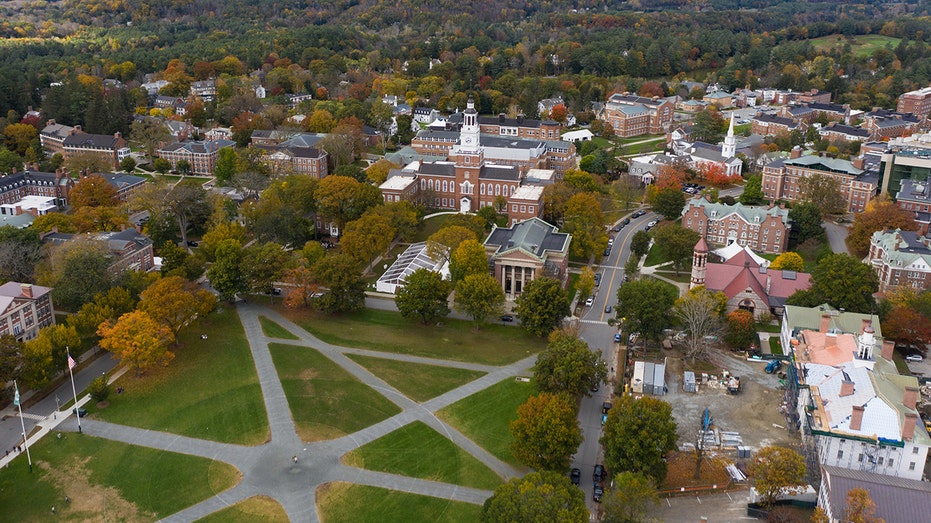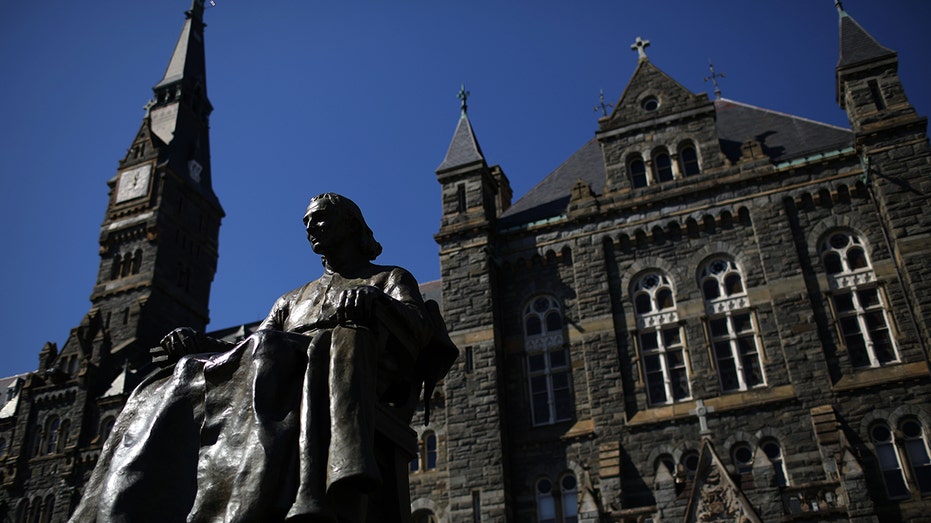Lawsuit accuses Yale, Georgetown and other schools of colluding to limit financial aid
The lawsuit alleges the schools used price fixing
Sixteen major U.S. universities, including Yale University, Georgetown University and Northwestern University, are being sued for alleged antitrust violations because of the way they work together to determine financial-aid awards for students.
According to a lawsuit filed in Illinois federal court late Sunday by law firms representing five former students who attended some of the schools, the universities engaged in price fixing and unfairly limited aid by using a shared methodology to calculate applicants’ financial need. Schools are allowed under federal law to collaborate on their formulas, but only if they don’t consider applicants’ financial need in admissions decisions. The suit alleges these schools do weigh candidates’ ability to pay in certain circumstances, and therefore shouldn’t be eligible for the antitrust exemption.
The suit seeks damages and a permanent end to the schools’ collaboration in calculating financial need and awarding aid.
MICROSCHOOLS GAIN POPULARITY AS OMICRON KEEPS SCHOOLS CLOSED

A view of the U.S. Supreme Court on Jan. 7, 2022 in Washington, D.C. (Anna Moneymaker/Getty Images / Getty Images)
College admissions practices are being challenged more broadly and pillars of the decades-old admissions system are crumbling.
The Supreme Court is expected to decide as soon as this week whether to take up two cases centered on affirmative action, involving Harvard University and the University of North Carolina at Chapel Hill.
Amherst College in October said it would stop giving an edge to applicants whose parents attended the school, placing it among the first elite schools to ditch legacy preferences. And in part because the pandemic made it difficult for students to take the ACT and SAT, thousands of colleges shifted to a test-optional policy for recent and current applicants. Hundreds of those schools have since extended the offer for at least a few more years.
In addition to Yale, Georgetown and Northwestern, other named defendants in the suit are: Brown University, the California Institute of Technology, the University of Chicago, Columbia University, Cornell University, Dartmouth College, Duke University, Emory University, the Massachusetts Institute of Technology, the University of Notre Dame, the University of Pennsylvania, Rice University and Vanderbilt University.

The College Green on the campus of Dartmouth College in Hanover, New Hampshire on Sunday, Oct. 17, 2021. (Bing Guan/Bloomberg via Getty Images / Getty Images)
Lawyers say more than 170,000 former undergraduate students who received partial financial aid at those schools going back up to 18 years could be eligible to join the suit as plaintiffs.
Representatives from Columbia, Cornell, Duke, Northwestern, Notre Dame, Penn and Rice declined to comment on pending litigation. The other schools didn’t immediately respond to requests for comment on the suit.
Colleges have been accused of anticompetitive behavior before: In 2019, an industry group representing college admissions officers agreed to allow more-aggressive recruiting practices, after the Justice Department threatened continued legal action over what it said was anticompetitive behavior.
In 1991, all eight members of the Ivy League and MIT were charged with price fixing. Prosecutors said representatives from the schools would meet to discuss their anticipated aid offers for students who had been admitted to more than one school. This practice unfairly limited price competition, prosecutors said. Schools said the approach eliminated bidding wars and allowed students to choose schools based on fit rather than on price.

The campus of Georgetown University is shown March 12, 2019 in Washington, D.C. (Win McNamee/Getty Images / Getty Images)
The eight Ivy League schools signed a consent decree and MIT agreed to a separate settlement ending that practice.
In 1994, Congress passed legislation exempting from antitrust violations schools that practice need-blind admissions, allowing them to create common guidelines for how to assess an applicant’s financial need when putting together aid packages. They still couldn’t discuss aid offers for individual applicants.
CLICK HERE TO GET FOX BUSINESS ON THE GO
The law benefited schools by allowing them to bypass bidding wars for low-income applicants, but in exchange the schools were barred from favoring wealthy applicants to minimize how much money they gave away in scholarships.
In response, 28 schools created what is known as the 568 Presidents Group—named for the section of that law allowing for collaboration on aid formulas. The group typically meets a few times a year to discuss its calculations.
The new lawsuit alleges that members of that group are violating federal law because they aren’t entirely need-blind. Rather, lawyers say, at least some of the schools consider financial need by giving an admission edge to children of wealthy donors. Some also weigh applicants’ finances when admitting them off the waiting list and look at finances in admission decisions for certain programs, the suit alleges.
"While conspiring together on a method for awarding financial aid, which raises net tuition prices, defendants also consider the wealth of applicants and their families in making admissions decisions," said Eric Rosen, a partner at Roche Freedman involved in the suit who was a lead prosecutor on the federal Varsity Blues college admissions-cheating investigation in 2019.
CLICK HERE TO READ MORE ON FOX BUSINESS
The suit was filed in the Northern District of Illinois by the firms Roche Freedman, Gilbert Litigators & Counselors, Berger Montague and FeganScott.
The antitrust exemption is set to expire in September, unless Congress renews it, but attorneys in the case say schools would still be responsible for overcharging students in prior years.




















